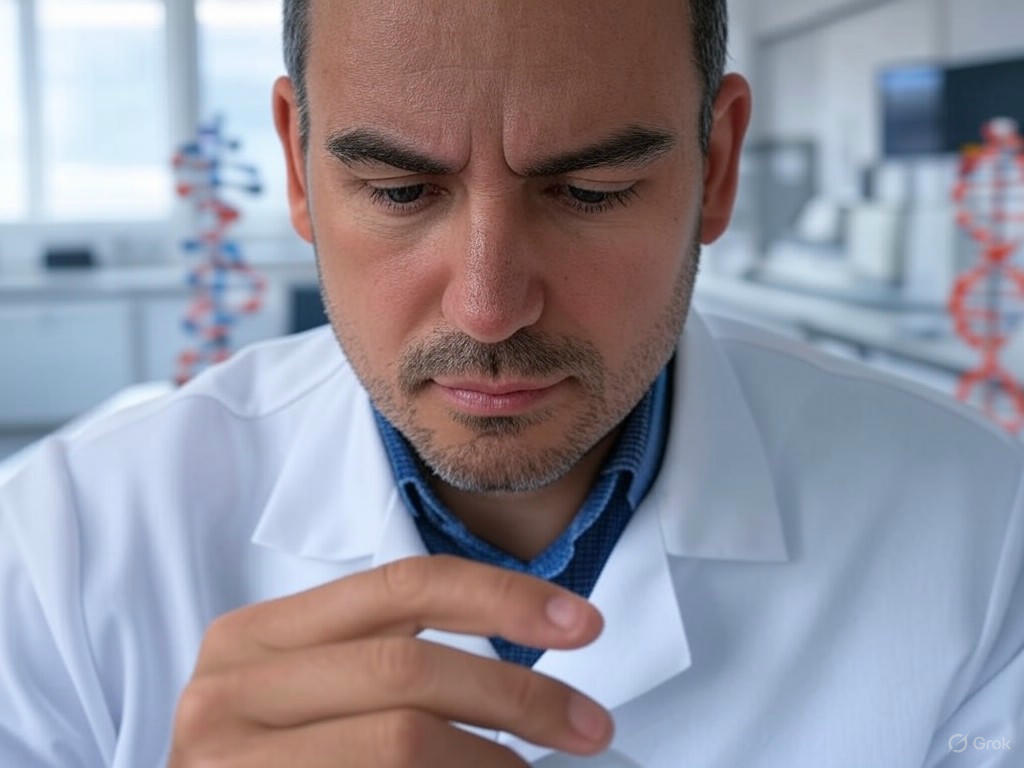Eli Lilly’s Bold $1 Billion Move into Gene-Editing Innovation
In a groundbreaking stride into the future of medicine, pharmaceutical giant Eli Lilly has made a significant $1 billion acquisition to secure a foothold in the rapidly evolving gene-editing sector. This strategic move signals the company’s ambition to redefine treatment options for some of the most challenging health conditions, particularly in the cardiovascular domain. By acquiring a cutting-edge biotech firm with expertise in gene-editing technologies, Eli Lilly is positioning itself as a leader in a field that promises to revolutionize how diseases are treated at their genetic roots.
The deal builds on an existing partnership between Eli Lilly and the acquired company, which had already been working together on innovative therapies targeting cardiovascular diseases. This collaboration laid the groundwork for a shared vision of harnessing gene-editing tools to address genetic factors contributing to heart-related ailments, a leading cause of mortality worldwide. With this acquisition, Eli Lilly gains access to proprietary technologies and a talented team of researchers who have been at the forefront of developing precise genetic interventions. This not only accelerates their joint projects but also opens doors to explore other therapeutic areas where gene editing could offer transformative solutions.
The $1 billion investment underscores the growing importance of gene-editing technologies in the pharmaceutical industry. Unlike traditional treatments that often manage symptoms, gene editing offers the potential to correct underlying genetic defects, providing long-term or even permanent relief for patients. For Eli Lilly, this acquisition is a calculated risk in a competitive landscape where companies like CRISPR Therapeutics and Editas Medicine are also racing to bring gene-editing therapies to market. By integrating these advanced capabilities into its portfolio, Eli Lilly aims to stay ahead of the curve and deliver next-generation treatments that could redefine patient care. The focus on cardiovascular health is particularly timely, given the rising global burden of heart disease and the urgent need for innovative approaches beyond conventional drugs and surgeries.
Beyond the immediate implications for cardiovascular treatments, this acquisition signals a broader shift in Eli Lilly’s long-term strategy. It reflects a commitment to embracing cutting-edge science and investing heavily in research and development to tackle complex health challenges. Industry analysts predict that this move could inspire similar acquisitions as other pharmaceutical giants seek to bolster their own gene-editing capabilities. Moreover, the deal highlights the increasing convergence of biotechnology and big pharma, as larger firms look to smaller, specialized innovators for the expertise needed to navigate this uncharted territory.
As Eli Lilly embarks on this ambitious journey, the $1 billion acquisition serves as a testament to the transformative potential of gene editing. While challenges such as regulatory hurdles and ethical considerations remain, the promise of curing diseases at the genetic level is closer than ever. With this bold step, Eli Lilly is not just investing in a technology—it’s investing in a future where medicine is more precise, personalized, and powerful, offering hope to millions of patients worldwide.


